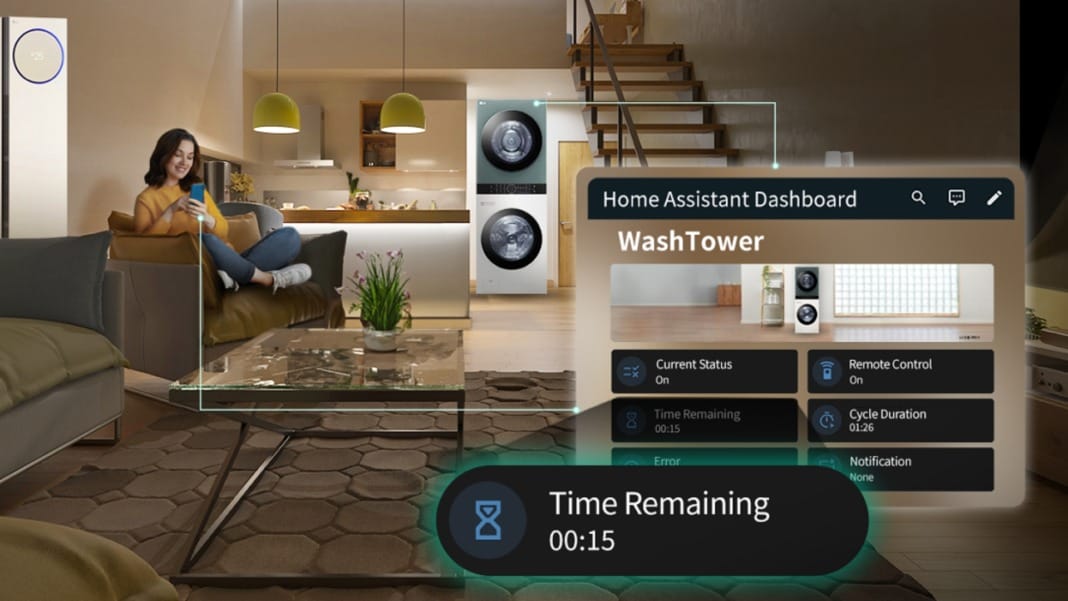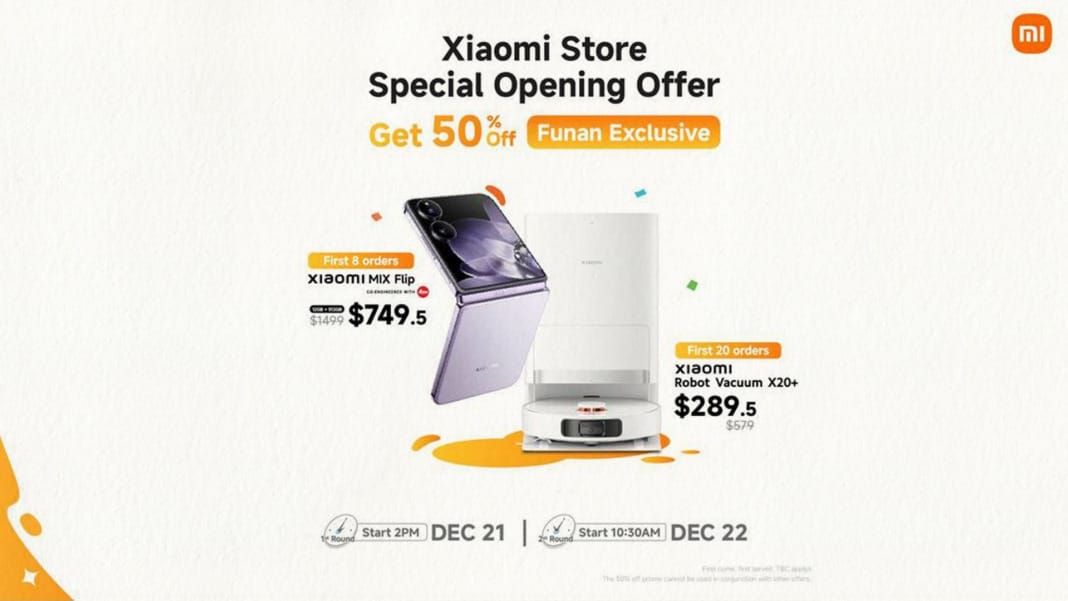LG Electronics has announced the opening of the Application Programming Interface (API) for its LG ThinQ smart home platform. This move is set to empower developers to create integrated smart environments using LG appliances.
Expanding developer access to LG ThinQ
LG has recently launched a dedicated website for developers, smartsolution.developer.lge.com, marking the official release of the LG ThinQ API. An API serves as a bridge allowing software to interact seamlessly. With this open API, developers can now incorporate features from LG’s AI-powered appliances into their applications and systems, enhancing functionality.
The LG ThinQ API is available in two versions: one designed for individual users and another tailored for business partners. The individual user version enables remote management of LG devices through the LG ThinQ app across various smart home platforms. For instance, users of Home Assistant, a global platform with approximately one million contributors, can now integrate and manage 26 types of LG AI appliances, such as refrigerators and washing machines, within their existing setups.
Streamlining smart home management for enterprises
On the business front, the ThinQ Business API is designed to assist partners who manage office or residential complexes. This API makes it easier to integrate and operate a range of LG products, from home appliances to commercial solutions like HVAC systems and digital signage. For example, apartment complexes can connect LG appliances to their management apps, allowing residents to book communal laundry facilities or enabling administrators to monitor and respond to issues through advanced sensor technology.
Towards a more connected smart home environment
LG has also enhanced its capabilities by acquiring Athom, a company known for its smart home platform Homey, which connects over 50,000 types of devices and IoT products. With around 1,000 apps in the Athom app store facilitating connectivity with devices from major brands such as Philips and Aqara, LG plans to integrate these features into its ThinQ On AI home hub. This integration aims to create a more intuitive AI-driven home environment that understands user needs and optimizes living spaces more effectively.
“With the official launch of ThinQ AI, we aim to deepen engagement with open-source community smart home power users and broaden our collaboration with B2B partners. This initiative will bolster our efforts to create smart home ecosystems powered by LG appliances, enhancing customer experiences across multiple touchpoints,” said Kim Kun-woo, vice president of LG’s Home Appliance Solution Company.





